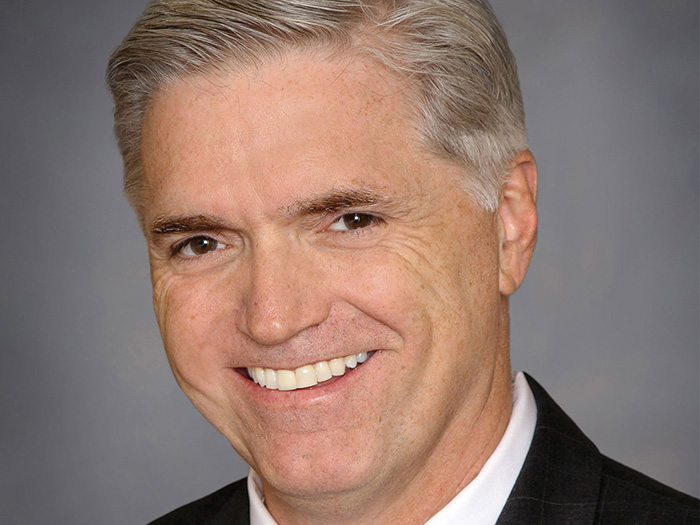2016 NWCDC
Between Correlation and Causation

Employers should not automatically accept a physician’s report that an injury was caused by a work-related event.
And should a claim’s denial be challenged, employers shouldn’t rely on a medical expert who always agrees with them, said Stuart Colburn, an attorney at Downs Stanford, at a session, “How to Use a Medical Expert so You Don’t Get Burned on Causation,” on Thursday at the National Workers’ Compensation and Disability Conference® and Expo.
You are not going to win any cases with those doctors,” he said. “Don’t use them.
“Pick experts that are believable, not that give you the opinion you want.”
It is important that physicians are fully informed about recent research when determining causation of an injury, he said. When necessary, it’s up to the employer to educate physicians.
When analyzing causation, the review should include individual clinical findings, individual workplace exposure, and scientific literature linking or not linking the exposure to the condition.
Don’t just accept prevailing opinion about injury causation, said Dr. Jacob Lazarovic, chief medical officer and SVP, Broadspire. It can be wrong, such as the opinion that carpal tunnel syndrome results from keyboarding.
“Pick experts that are believable, not that give you the opinion you want.” — Stuart Colburn, an attorney at Downs Stanford
Rather, research shows a workplace function would require “significant hand force” to cause carpel tunnel syndrome, he said.
Other research disputes the link between occupational activity and back pain, he said, finding instead that most such injuries have a genetic basis.
Lazarovic also noted there are “significant error rates” in interpreting diagnostic imaging results.
He noted one study found that 33 percent of experienced radiologists disagreed with another physician’s reading of an image. In addition, 25 percent of those physicians disagreed with their own reading, when given the image on another day.
When disputing a claim, Colburn noted that the “exact same wording” about causation will be treated differently, depending on which state the claim is litigated.










